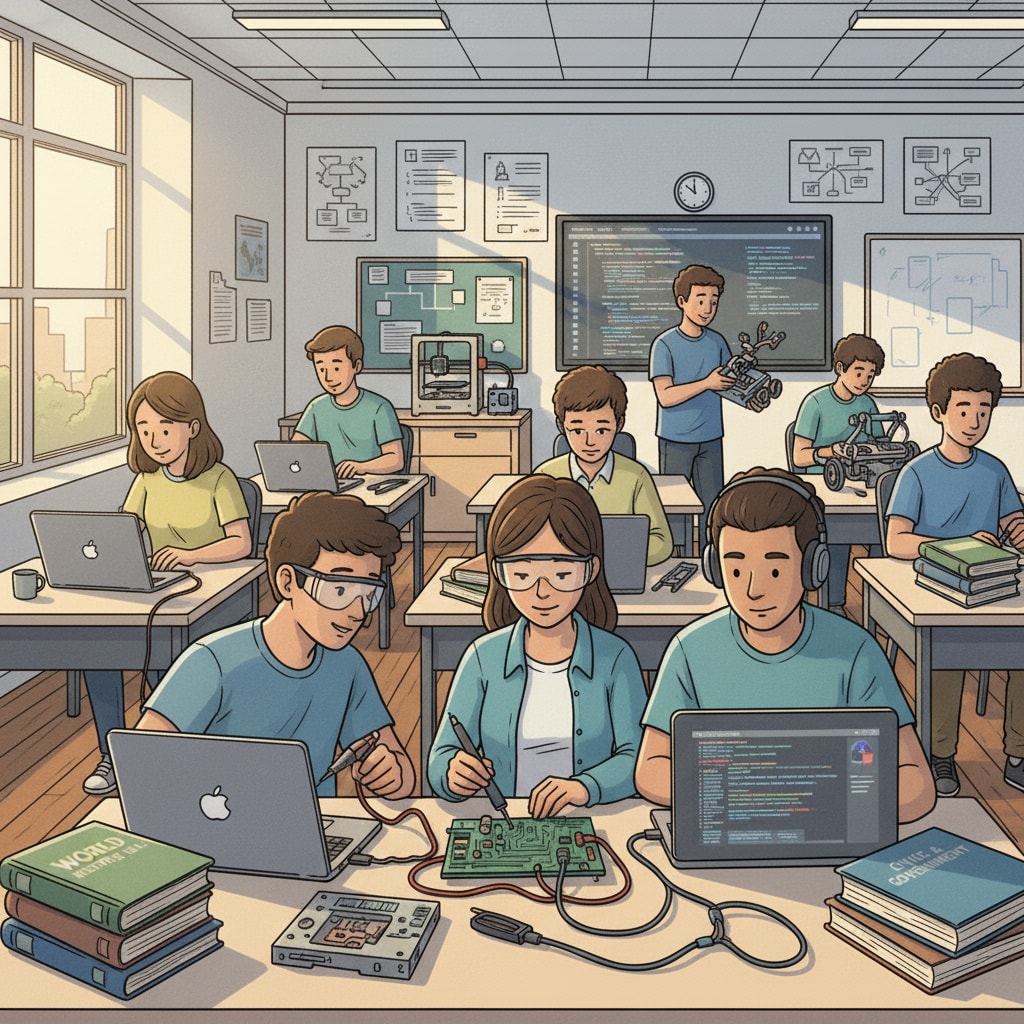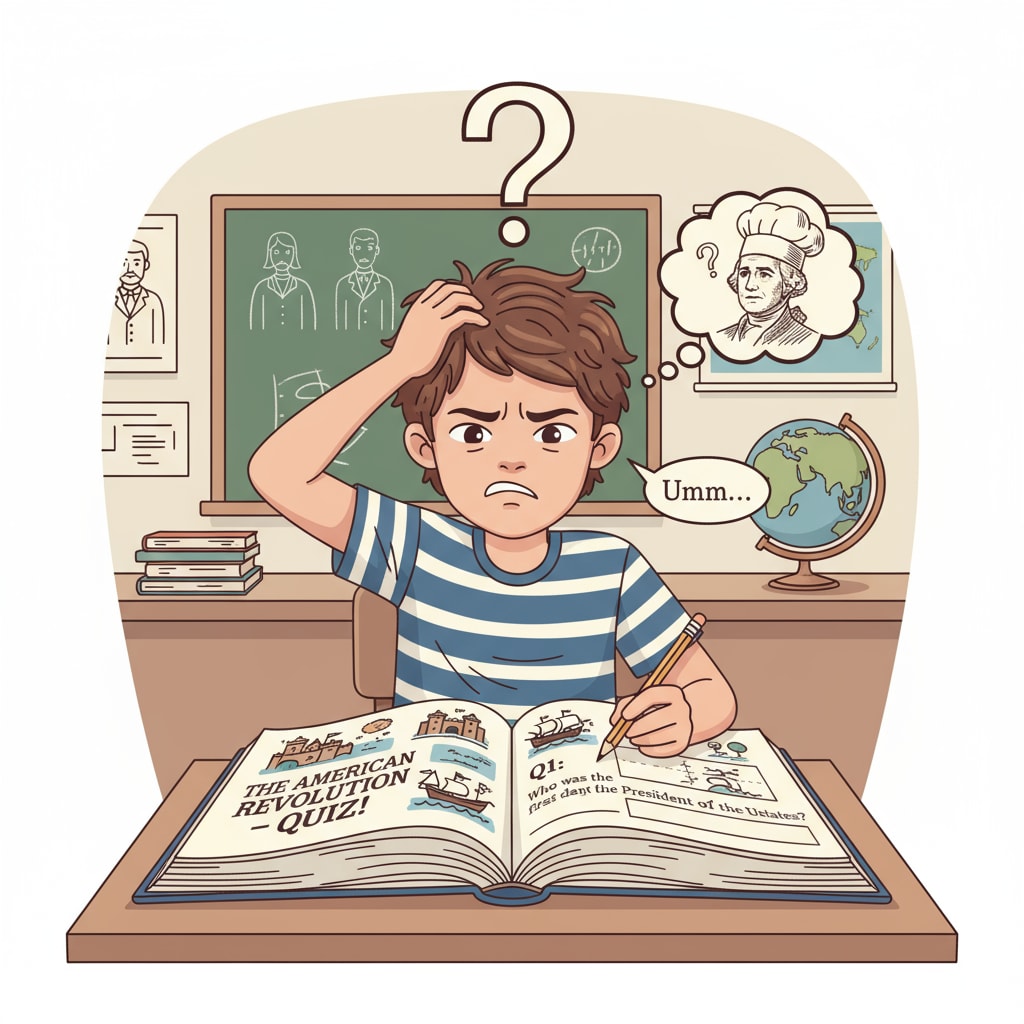In the realm of modern education, the issue of educational standards, historical knowledge, civic literacy, and the balance between skills and knowledge has become a pressing concern. Today’s K12 education system seems to be tilting towards an overemphasis on skill development, often at the expense of fundamental knowledge acquisition. This imbalance is leading to a generation of students who may excel in test scores but lack basic historical, civic, and geographical literacy.

The Skill – First Approach in K12 Education
The current trend in K12 education is to prioritize skills. For example, there is a heavy focus on STEM skills (science, technology, engineering, and mathematics) as they are seen as essential for future careers. Schools are increasingly incorporating hands – on projects, coding classes, and advanced problem – solving activities. While these skills are undoubtedly valuable, this “skill – first” approach often means less time is dedicated to subjects like history, civics, and geography.
According to Education Week, many districts have reduced the instructional time for non – STEM subjects in order to make room for more skill – based training. This has led to a situation where students may be proficient in using technology but have a limited understanding of the historical events that shaped their society or the principles of citizenship.
The Consequences of Neglecting Basic Knowledge
The lack of historical knowledge among students is a significant concern. Without a solid foundation in history, students may struggle to understand the present and make informed decisions about the future. They may not comprehend the causes and effects of major events, which can lead to a narrow perspective on global issues.
Civic literacy is also suffering. A citizen who lacks knowledge of the democratic process, the rights and responsibilities of citizenship, and the structure of government is less likely to be an active and informed participant in society. As for geography, not knowing basic geographical facts can limit students’ understanding of different cultures and the interconnectedness of the world.

As a result, we are seeing a gap between students’ technical skills and their broader cultural and social awareness. This gap can have long – term implications for the development of well – rounded individuals and the health of society as a whole.
Readability guidance: By clearly presenting the different aspects of the educational issue, using short paragraphs to convey ideas, and including relevant external links, we aim to provide a comprehensive view of the problem. Each section builds on the previous one, with transition words like “while”, “however”, and “as a result” to enhance the flow of the article.


